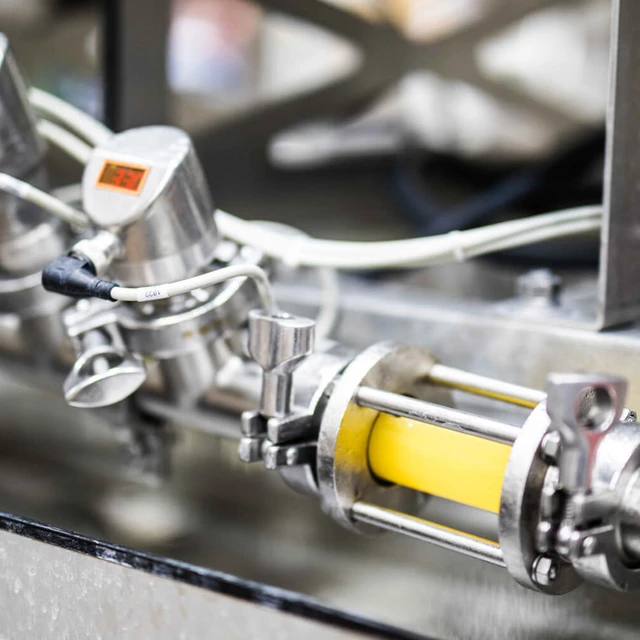Optimize wort separation and
beer filtration
Efficiency and time in wort separation and beer filtration are key parameters in optimizing your brewhouse capacity. Enzymes can help – without compromising quality.

The problem with β-glucans and arabinoxylans
The efficiency of separating the wort from the mash depends on the large molecules dissolved in the liquid. High molecular weight molecules are present in various cereal grains, but in different amounts and ratios. For example, barley, oats and sorghum have more than twice as much β-glucan as xylans. But it is the opposite with wheat and rye.
β-glucans and arabinoxylans create high wort viscosity, which dramatically reduces the speed of mash filtration. They stick to filter aids and filter membranes. They also stick to starch molecules, making them less available for enzymatic degradation. That can result in lower brewhouse yield or cause haze.
Maximize your capacity; minimize investment
Novozymes' range of brewing enzymes supports consistent, fast and efficient wort separation and beer filtration. This enables you to maximize your number of brews per day and optimize yields and filtration cycles.
Novozymes enzymes work effectively at a wide range of mashing temperatures. They make it easier to produce high gravity beers and achieve a higher extract yield. At the same time, they keep your investment in brewhouse and beer filtration capacity as low as possible.